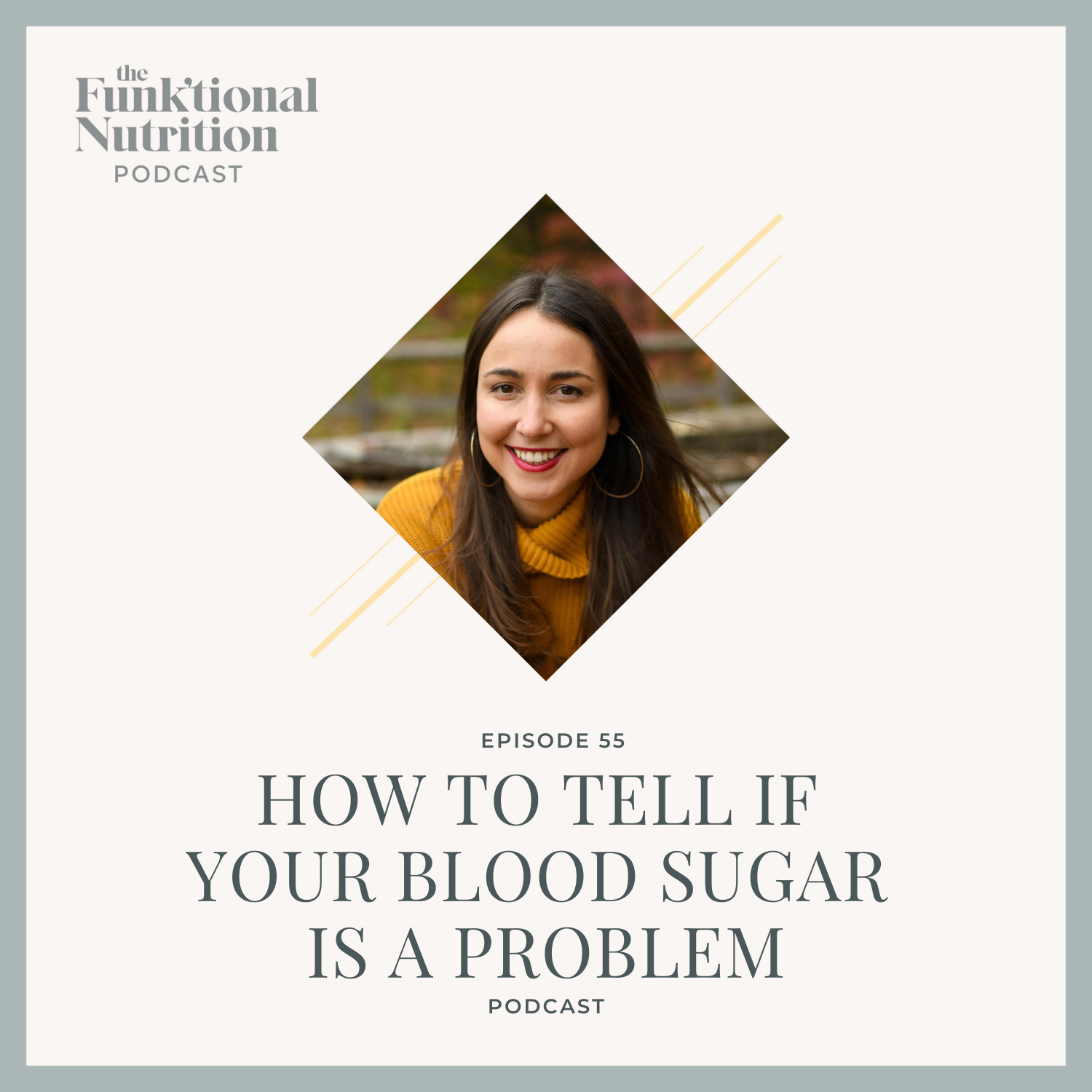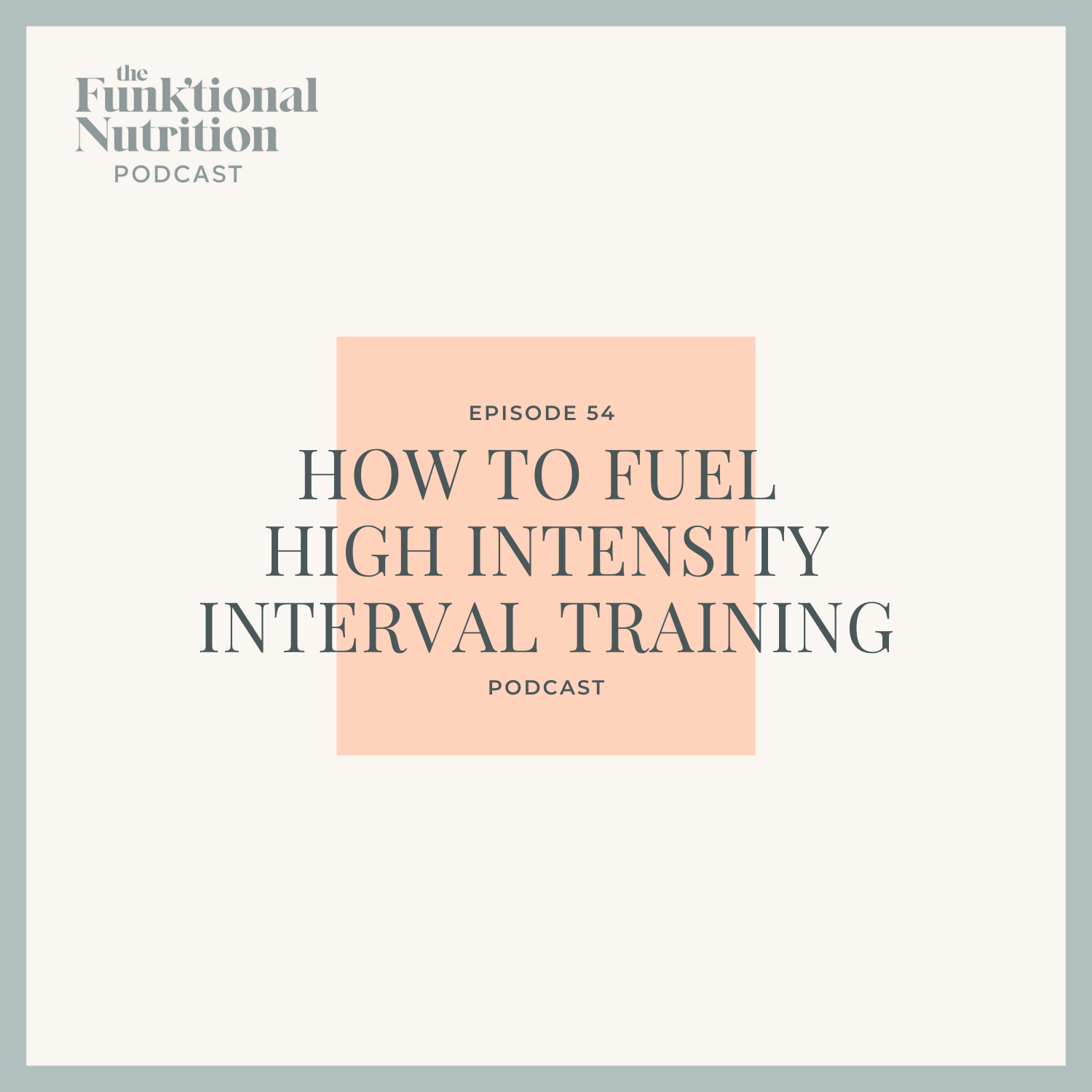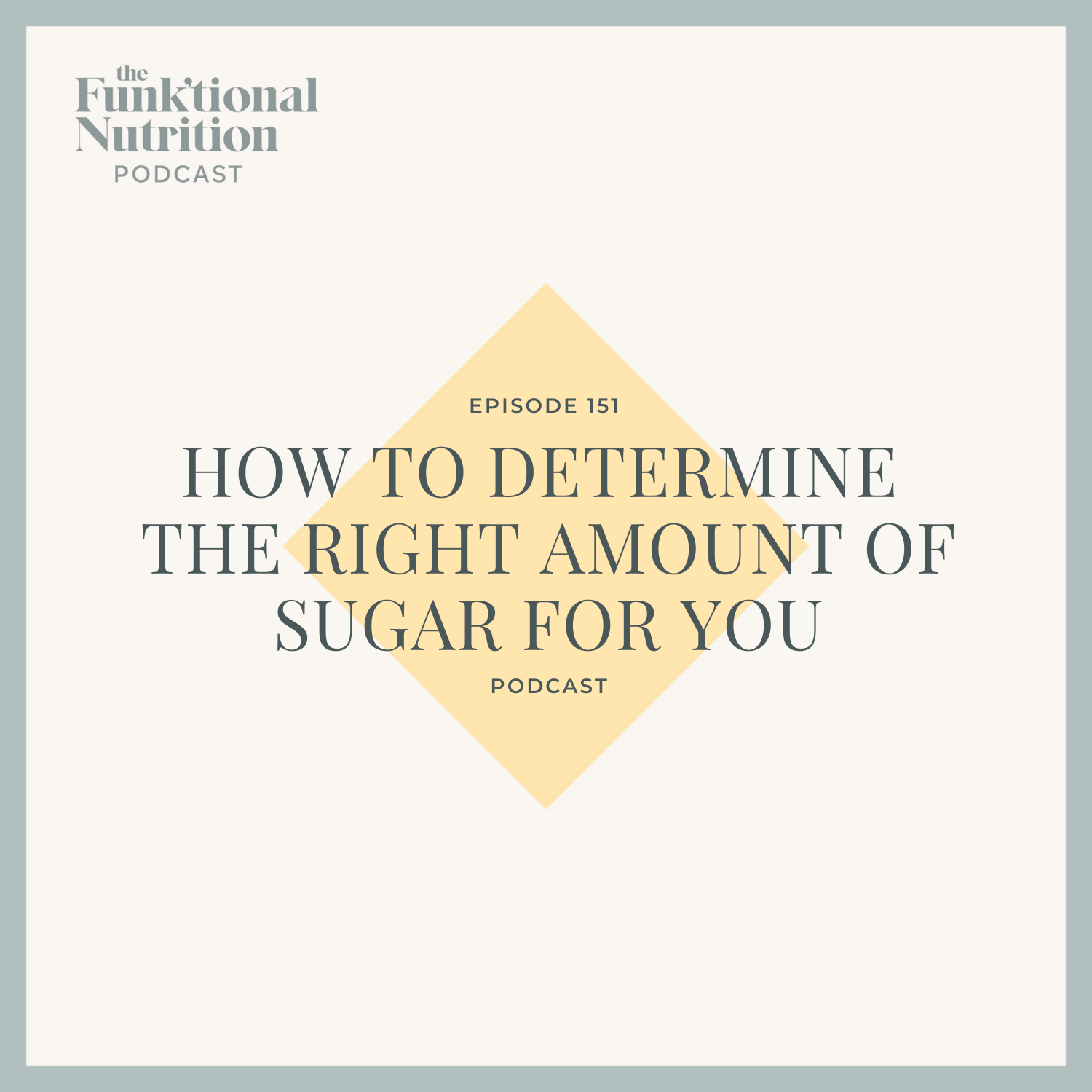Functional Medicine

Metabolic Health
We here at The Funk’tional Nutritionist are blood sugar OBSESSED.
Many of us were taught that our “metabolism” is something that “needs to be stoked” by eating every 2 hours, drinking cold water and adding cayenne to our drinks. Oh, diet culture.
The *actual* definition for metabolism is the chemical processes that occur within your body to keep you alive. And a HUGE part of this is blood sugar regulation. That’s because blood sugar dysregulation puts the brakes on all your other health goals: hormone balance, energy, inflammation, thyroid, adrenals, weight loss, brain health and cognition, immune function, autoimmunity. That’s why we go so hard about blood sugar when working with our clients!
Unstable blood sugar underlies many common symptoms: exhaustion, insomnia, significant pain and inflammation, anxiety, lack of motivation and drive, and depression and brain fog.
If we want to get a handle on any of these things, it’s mission critical to balance blood sugars.
Let’s dive into some common signs of low blood sugar and high blood sugar—and what you can do about it.
Keep in mind, this is not an either/or situation: high blood sugar and low blood sugar can coexist—you can swing back and forth between the two.

Signs of low blood sugar:
Hanger
Anxiety
Chronic headaches
Agitation & nervousness
Increased energy after eating
Dependency on coffee & sugar for energy
Episodes of being spacy, jittery, or shaky
Brain fog, poor memory & forgetfulness
Irritability or lightheadedness when skipping meals
What you can do about it:
Eat within one hour of waking up
No caffeine on an empty stomach
Reduce your stress
Snack every 2-3 hours
Eat protein with every meal and snack
Consume fiber-rich carbs
DO NOT skip meals
Refuel after exercise
How aggressive we are with these interventions depends on the person in question.
For example...not everyone with low blood sugar needs to eat every 2 hours. Sometimes just tweaking macronutrients—protein, carbs, fat—at meals can be enough. This is the type of thing we go over in the Carb Compatibility Project.
Did you know that low blood sugar can affect your cortisol?
An underappreciated truth: Low blood sugar is a stressor to your bod.
The basic way to remember this: if blood sugar drops, cortisol rises.
We think of cortisol as our stress hormone—and it is—but one of its main functions is to mobilize energy (glucose) to fuel action. The body & brain depend on a constant supply of glucose to keep the body functioning properly. So this system is pretty tightly regulated.
When blood sugar levels drop, the body releases cortisol to maintain blood sugar levels (it does this by releasing glucose from stored glycogen). If you’re dealing with blood sugar dysregulation, you’re constantly calling upon cortisol to regulate blood sugar.
That’s not great. And it’s why we must stabilize our blood sugars if we want to balance our cortisol levels!

We can see this happen quite often with exercise if you’re not fueling appropriately.
Do you get lightheaded while working out? My friends and colleagues at Blaze Yoga & Pilates shared a trend that they see in their yoga and fitness studio:
“
It is far too common for women (in particular) to get lightheaded in class and when questioned, explain that they're restricting calories or eating windows to lose weight.
Let's chat about what's happening here.
Someone lied to you and told you that you must restrict your fuel source in order to achieve your aesthetic or weight loss goals.
So you carry this lie into your next exercise class because what's better than eating less? Eating less and exercising MORE, right?! (Don't we all just know and love that old chestnut?)
During or immediately after the class, you feel a little wonky, tired, shaky or lightheaded.
That lightheaded feeling is a sign that not only are you under-fueled (and therefore under-resourced for your workout), but also that your blood sugar has dropped.
When your blood sugar drops and there's no food to bring it back up, cortisol is released. Yep, THAT cortisol. Not only is it considered a stress hormone, it's also a glucocorticoid.
When this cycle continues, it actually makes it *more* challenging to lose weight. (Never mind the negative mental, hormonal and metabolism implications it has.)
This is why teaching women to fuel themselves is one of the greatest joys of Erin’s work! Witnessing women shatter the lies they've been told about their bodies is the honor of a lifetime.
...but how do I know if my low blood sugar is fixed?
You don’t get sugar cravings.
You don’t experience energy crashes throughout the day.
You notice your hunger (and eat) before any irritability, brain fog or fatigue.
Eating doesn’t make you feel energized; it just makes you less hungry.
You sleep through the night without any wake ups.
If you’re not checking off all these boxes, then you’ve got some work to do.

Signs of high blood sugar & insulin resistance
Needing sweets or caffeine after meals
Intense sugar cravings
Always hungry!
Tired after eating
High triglycerides
Hangry if you skip meals
Fatigue, aches & pains
Inflammation
Waist girth larger than hip girth
Difficulty losing weight
Insulin resistance is a state when glucose (sugar) can’t get inside your cells because the insulin receptor sites are no longer responding to insulin.
If glucose/sugar can’t get into the cell, then blood sugars stay high. Glucose has to go somewhere, so it’s often either shunted into triglycerides (leading to high triglycerides on your blood test) or oxidized into free radicals (think accelerated aging and cell damage). Insulin resistance is a pro-inflammatory state that creates oxidative stress.
We can see higher levels of insulin resistance in menopausal and post-menopausal women!
A super common pattern in menopause:
Low sex hormones (like estrogen)
Imbalanced cortisol
High fasting glucose & HbA1C
High insulin
During (and after) menopause, changes in your hormone levels can trigger fluctuations in blood sugar levels. Estrogen affects how cells respond to insulin. When estrogen levels drop, this can lead to insulin resistance.

So what’s the big deal…?
Insulin resistance opens up the doorway to metabolic syndrome, which significantly increases the risk of Type 2 Diabetes, Alzheimer disease, stroke, heart disease and advanced aging.
Fortunately, food and lifestyle changes can make a BIG impact here.
What You Can Do About It
Audit Carb & Sugar Intake
Evaluating sugar and carbohydrate intake is a necessary first step if you’re experiencing any of the above signs of high blood sugar. This one is super individual, though. Some folks can see improvement by avoiding the “processed whites” while others need to reduce their carbohydrate intake more dramatically. The Carb Compatibility Project is a 4 week process to help you discover your own unique carb threshold for this exact reason.
Proper Sleep
Circadian rhythm has a big impact on glucose metabolism and insulin sensitivity. Sleep deprivation creates metabolic changes: stress hormones go up, glucose goes up, insulin goes up and hunger hormones go up. If you’re working on blood sugar, metabolic health AND weight...you must take sleep into account!
The calorie equivalent of sleep deprivation is between 385-549 calories a day. The sleep deprived group of a small study slept ONE HOUR AND 20 MINUTES LESS than the control group each day consumed an average 549 additional calories each day. Another larger study showed sleep deprived participants had a net energy gain of 385 calories per day, which is equivalent to the calories of about four and a half slices of bread.
Support Your Gut
A healthy gut microbiome is essential for proper insulin signaling and blood sugar control. Feed the beneficial bacterial species in your gut by eating lots of plant diversity. You can also add fiber to your meals to help support blood sugar control.
HIIT Workouts & Weight Training
High intensity interval training increases glucose demands which is GREAT news if you have high blood sugar. HIIT also activates something called the AMPK pathway, the central pathway for managing blood sugar issues, insulin and a healthy metabolism. It also determines whether we burn fat or store fat. Lifting weights also improves insulin sensitivity.
Walk After Meals
Walking after large meals reduces postprandial (after eating) glucose and is a good way to enhance glycemic control. There can be some stigma and shame around high blood sugars and insulin resistance. We have found that this shame can immobilize people.

What about intermittent fasting?
Potential Benefits of Intermittent Fasting
Improves insulin sensitivity
Reduces glucose and/or insulin levels
Lowers blood pressure
Improves lipid profiles
Reduces inflammation & oxidative stress
Increases richness of gut bacteria
Potential Risks of Intermittent Fasting
Triggers or worsens disordered eating
Increases stress hormones
Suppresses thyroid function
Creates imbalance in female sex hormones
Negatively impacts menstruation & ovulation
Hypoglycemia/low blood sugar
It is true that intermittent fasting can be therapeutic & it is true that intermittent fasting can be detrimental.
What a pickle, eh? While there's TONS of great research on the benefits of intermittent fasting, the research doesn't take into account the fact that many, many women have a history of restrictive eating patterns. Pair that with *MORE* restriction (especially if you're doing any type of high-intensity exercise on top of it) and your hormones start buggin’ out.
We’ve seen hundreds of hormone labs and the ones coming from menstruating folks who are intermittent fasting...they don't look good. If you’re unsure if fasting is a good thing to experiment with, tune in to the Intermittent Fasting MEGA-SODE.

This MEGA-SODE is a fan favorite because it’s jam-packed with all the info you need to assess whether or not intermittent fasting is an appropriate tool for you.
It’s so important for folks to understand we have more power than we’ve been taught.
These simple strategies can have a HUGE impact on high blood sugars!
Carb Compatibility Project
If you need help applying this info with a step-by-step plan to follow, this is exactly what the Carb Compatibility Project™ offers. Designed by Erin, a functional medicine nutritionist with a decade of clinical experience, it’s 4 weeks of lower-carb, high-nutrition principles to dial in your health and find YOUR ideal carbohydrate sweet spot. This nutrition process will help you regulate blood sugar and feel good. Do you have insulin resistance, high blood sugar, pre-diabetes, PCOS with insulin resistance, or metabolic syndrome?
THE FUNK’TIONAL NUTRITION PODCAST













